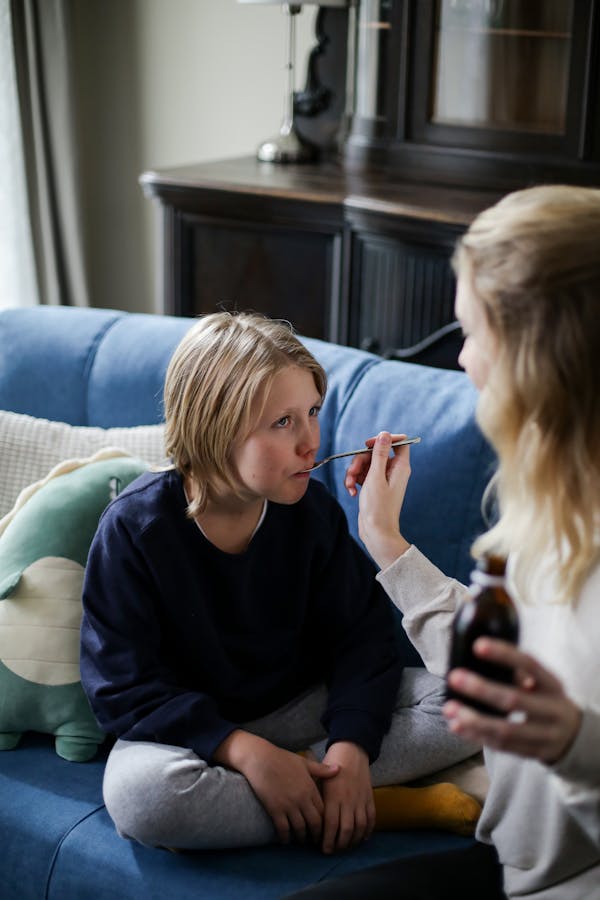DUBLIN: As winter approaches, the HSE has raised concern about the increase in occurrences of respiratory infections like RSV and the potential effects these cases may have on the healthcare system. According to the Health Protection Surveillance Centre, RSV is a common respiratory virus in infants and young children that often causes mild, cold-like symptoms, with the majority of patients recovering in a week or two (HSPC).
RSV, however, can be dangerous, particularly for infants and elderly people. Every winter, the condition leads to coughs and colds, and it is the most typical cause of infantile bronchiolitis. What you should know about RSV and the symptoms to look out for are listed below:
Symptoms of RSV:
According to the HPSC, symptoms of RSV can appear between 2 to 8 days after a person is infected and include the following:
- Fever
- Runny nose
- Sore throat
- Cough and sometimes croup (a barking cough caused by inflammation of the upper airways)
- Wheezing
- Decreased appetite
- Ear infections (in children)
"By the age of two, almost every child has contracted RSV at least once. RSV is typically not detected; yet, it accounts for 20% of pneumonia cases and 80% of bronchiolitis cases in young children, according to the HSPC.




.png)
The opinions posted here do not belong to 🔰www.indiansdaily.com. The author is solely responsible for the opinions.
As per the IT policy of the Central Government, insults against an individual, community, religion or country, defamatory and inflammatory remarks, obscene and vulgar language are punishable offenses. Legal action will be taken for such expressions of opinion.